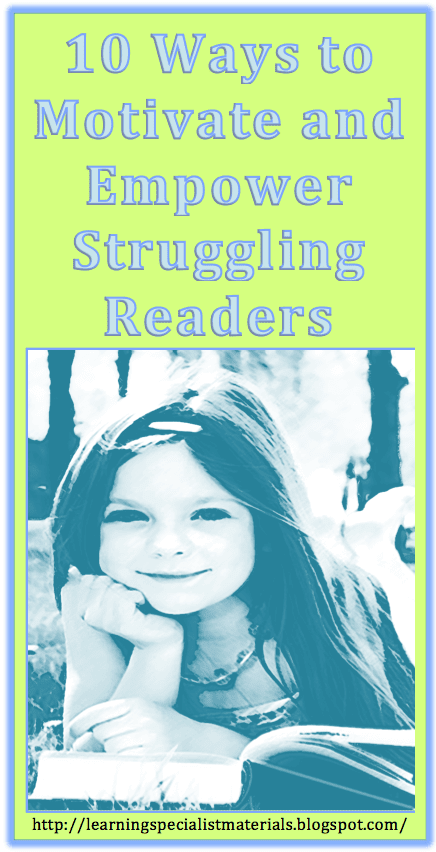This week I wanted to tell you about my online store, Good Sensory Learning. I’m Dr. Erica Warren, and I established this site so I could share all the materials that I have created over the last 20+ years as a learning specialist and educational therapist. When I first began my private practice, Learning to Learn, I had great difficulty finding fun and multisensory materials for my students that were effective and engaging. So back in 2005, I made it my mission to design and distribute high-end, remedial products as well as memorable, motivating lessons that bring delight to learning. If you would like to try a free sampling of my activities , CLICK HERE . How Are the Products Organized at Good Sensory Learning? You can download my Free Printable Catalog or you can browse the site using the grey “search all products” bar in the top right of any page with keywords such as dyslexia, working memory, and executive functioning. What’s more, drop down menus in the red banner allow you t
Making the reading process fun over the summer months can transform an apparent chore into an enjoyable activity that young learners can relish. One can make the reading process pleasurable by integrating engaging activities, creating a fun reading environment, teaching kids how to visualize, pairing the activities with pleasantries, sharing the process with them and integrating technology such as books on tape.
What Are Some Specific Strategies?
- Be positive and excited about your own reading time. If kids see that you love it, they will want to do it too.
- Help your children learn to visualize or imagine pictures when reading or listening to text. While reading together, talk about your own visuals and ask them about theirs. Creating a movie in your head improves reading comprehension, attention and will help kids picture the characters and settings.
- Create an exciting and comfortable niche for your children to read. With your child or children collect pillows, blankets, stuffed animals and other items that create a relaxing, comfortable and fun environment for reading.
- Allow kids to listen to books on tape while reading along. This will improve sight word vocabulary and listening skills.
- Make your child's favorite snacks and drinks available during reading time. This will provide positive associations with the reading process.
- Create a family time a few days a week, where the whole family reads to themselves or as a group.
- Go to the library or bookstore and help your children select reading materials that they find engaging. This could be a book, magazine, comic and more.
- Integrate activities that your children enjoy into the reading process. For example, if they love to draw, encourage them to illustrate a scene out of each chapter that they read.
- Read the book with your child so that you can talk about each chapter. You can even make it into a game. See how many character, setting and plot details you can each remember from your reading.
- When kids self-initiate reading, be sure to praise them and celebrate their self-directed accomplishments.
Cheers, Dr. Erica Warren
Dr. Erica Warren is the author, illustrator, and publisher of multisensory educational materials at Good Sensory Learning and Dyslexia Materials. She is also the director of Learning to Learn and Learning Specialist Courses.
· Blog: https://learningspecialistmaterials.blogspot.com/
· YouTube Channel: https://www.youtube.com/user/warrenerica1
· Podcast: https://godyslexia.com/
· Store: http://www.Goodsensorylearning.com/ & www.dyslexiamaterials.com
· Courses: http://www.learningspecialistcourses.com/
· Newsletter Sign-up: https://app.convertkit.com/landing_pages/69400


Comments
Post a Comment